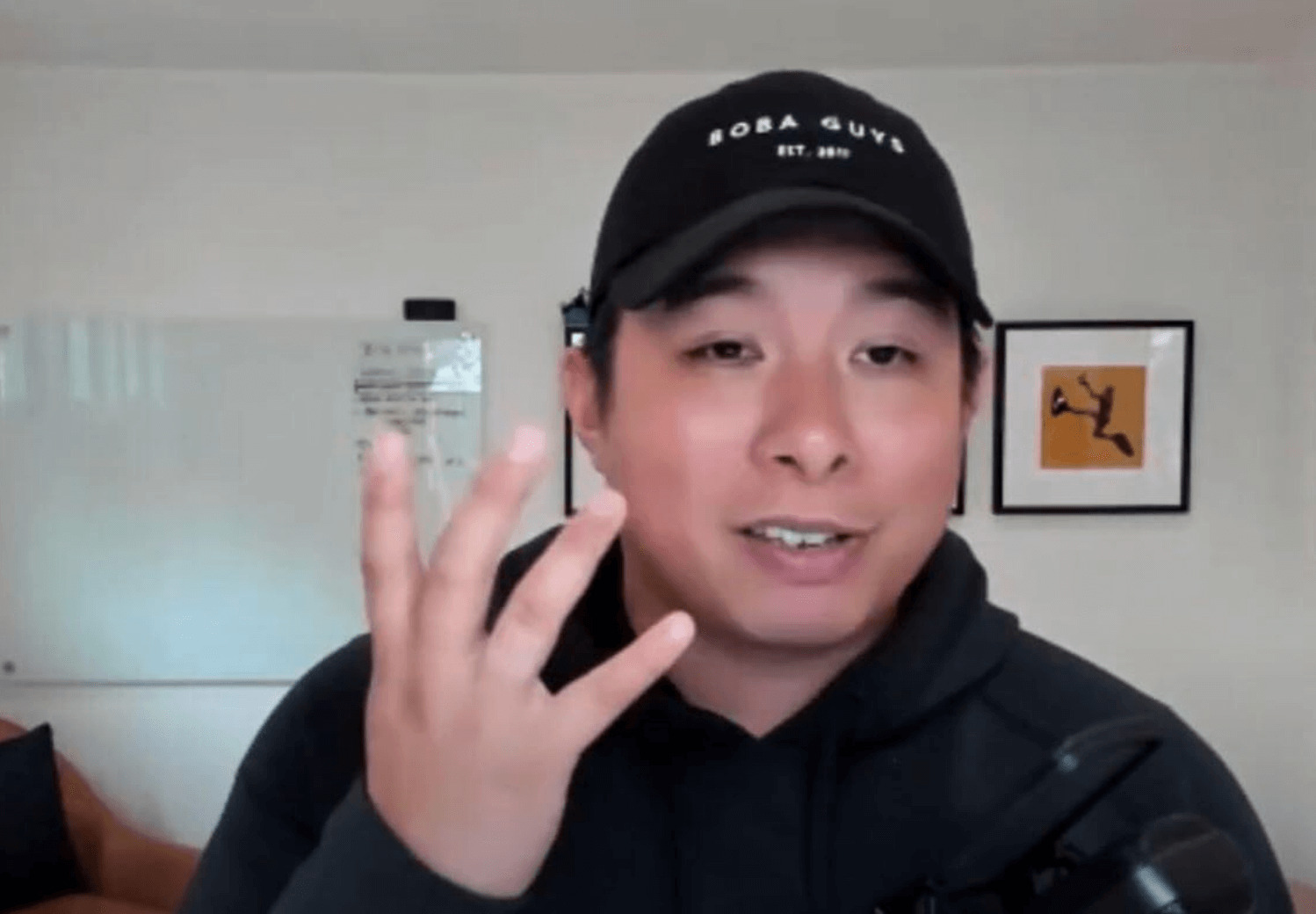Risk & Resilience Values & Purpose
The Power of Failure
Eric Toda
04.14.22
Eric says he’s lucky to have had some successes in his career, but he also believes the times that he failed led to valuable lessons. He believes that those moments of duress create an opportunity to learn how to navigate similar situations differently. Learn why failure, in Eric’s opinion, also builds character.
Summary:
Eric says he’s lucky to have had some successes in his career, but he also believes the times that he failed led to valuable lessons. He believes that those moments of duress create an opportunity to learn how to navigate similar situations differently. Learn why failure, in Eric’s opinion, also builds character.
Thuy

Eric Toda
Thuy




